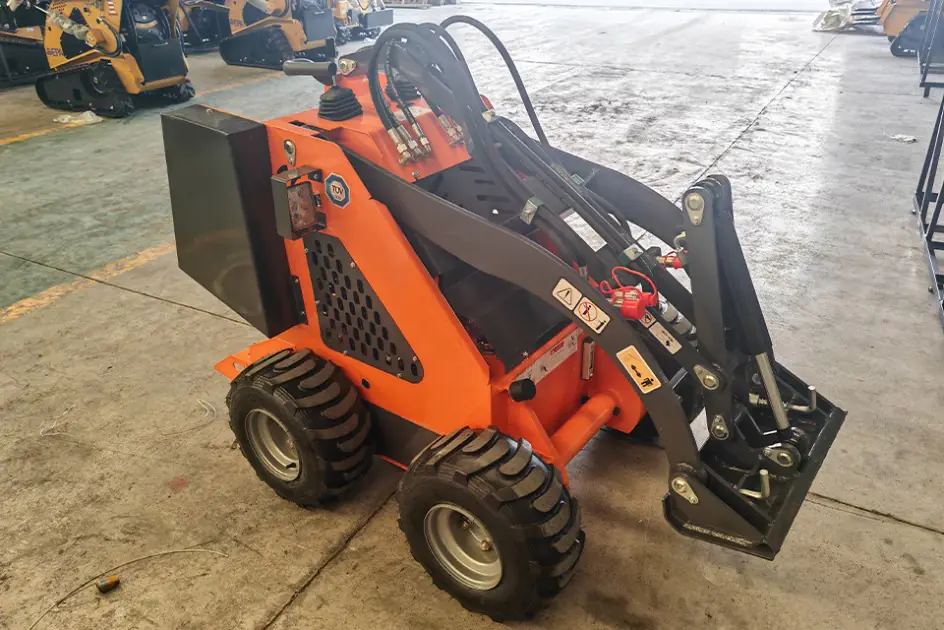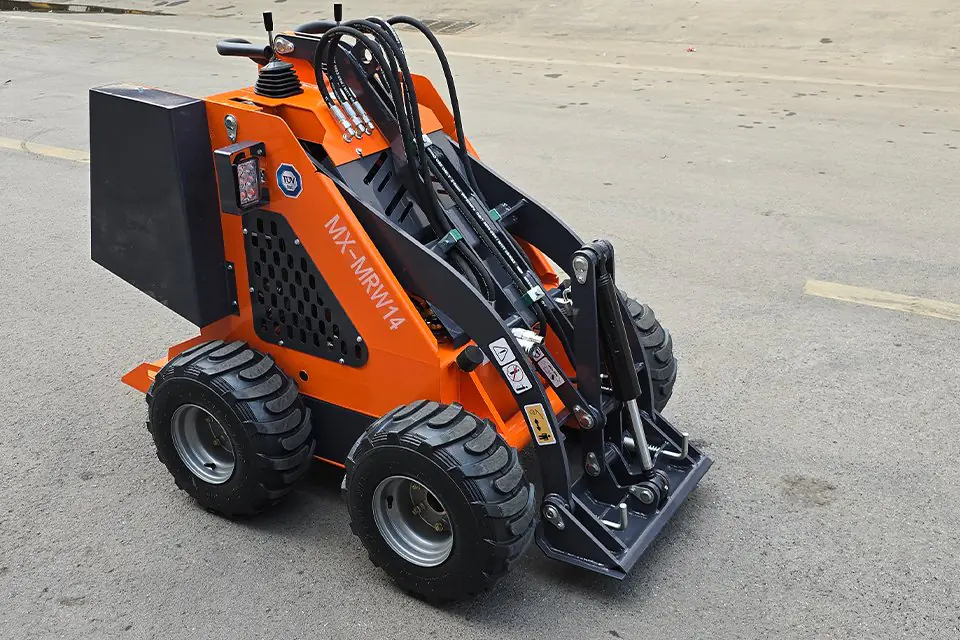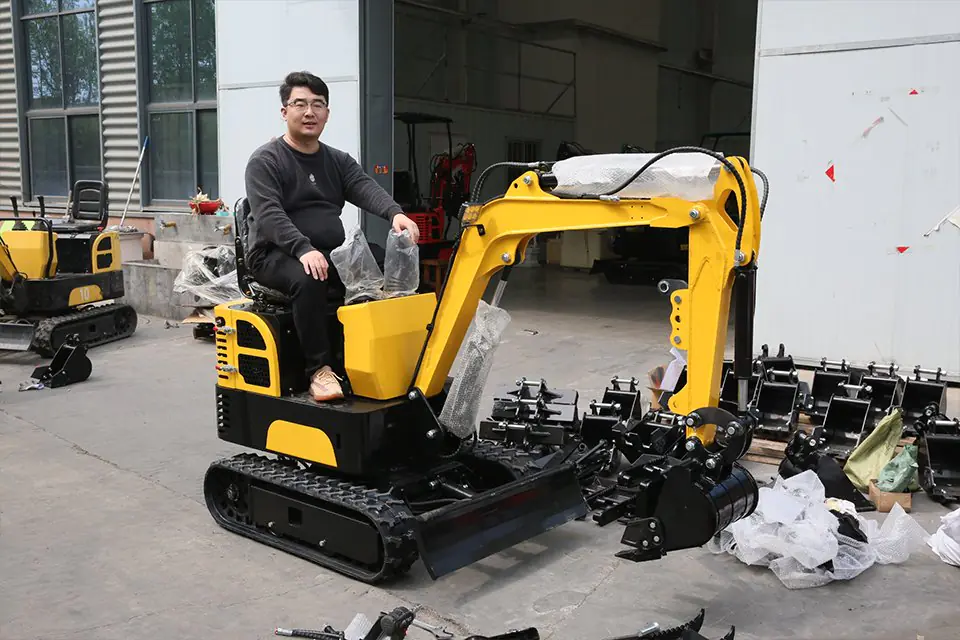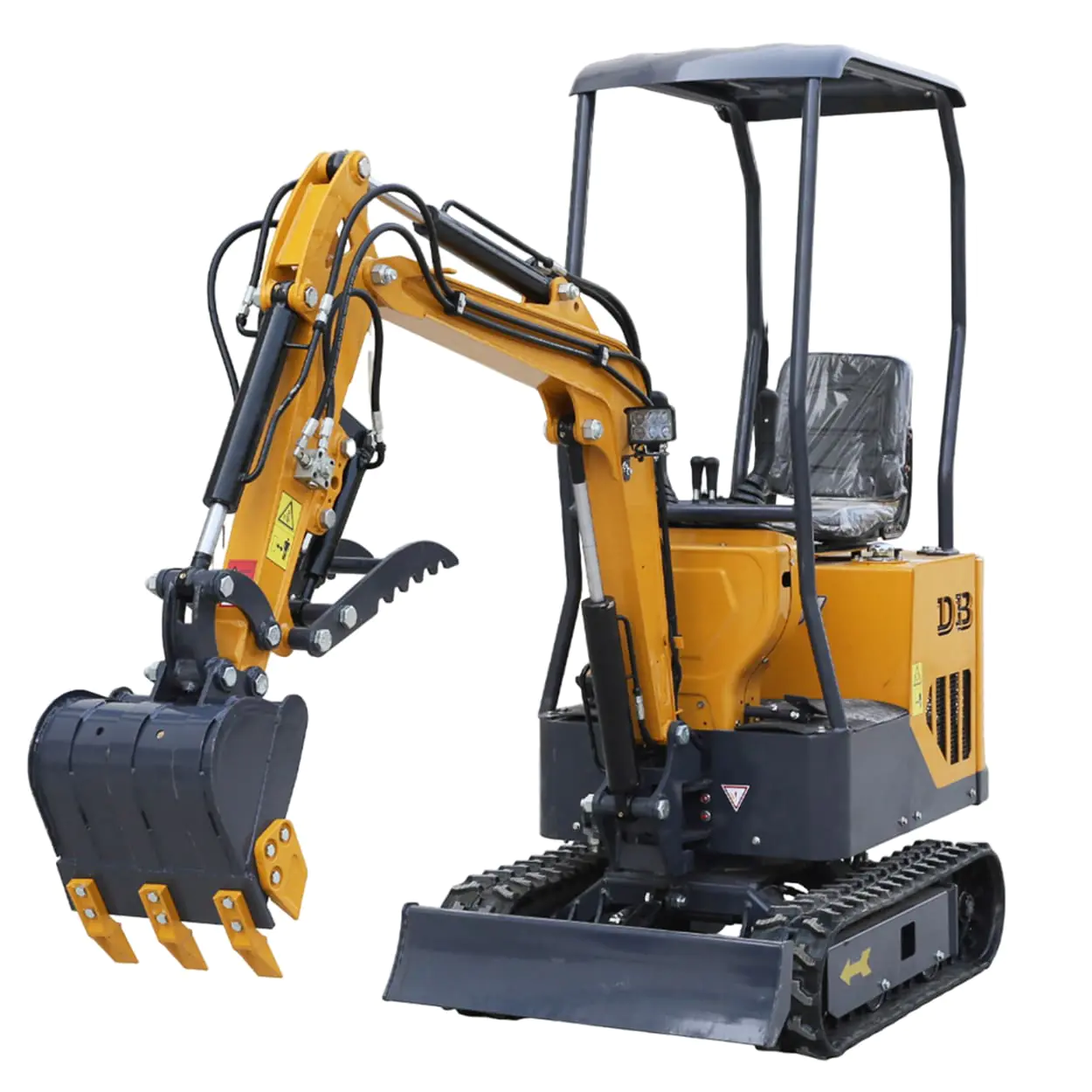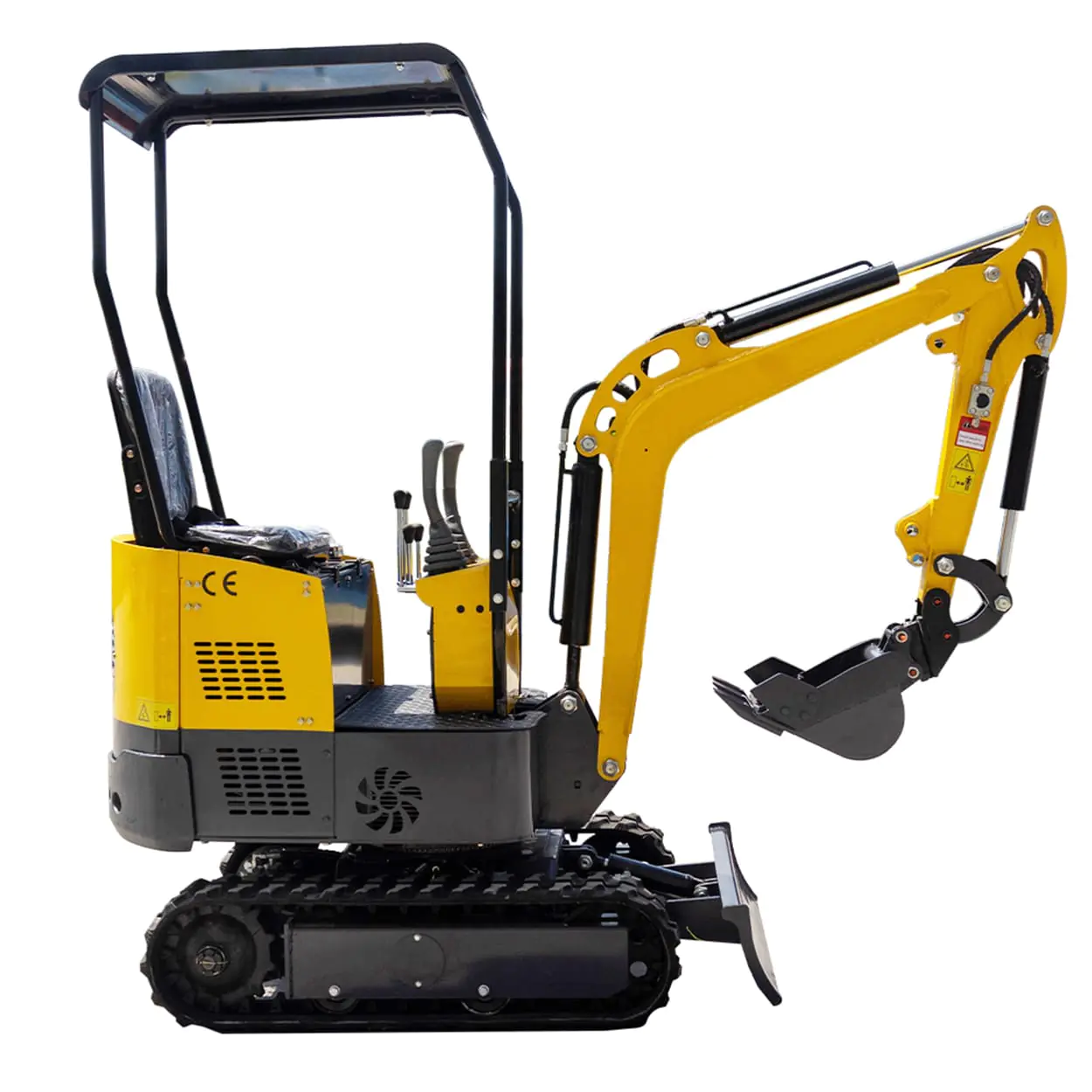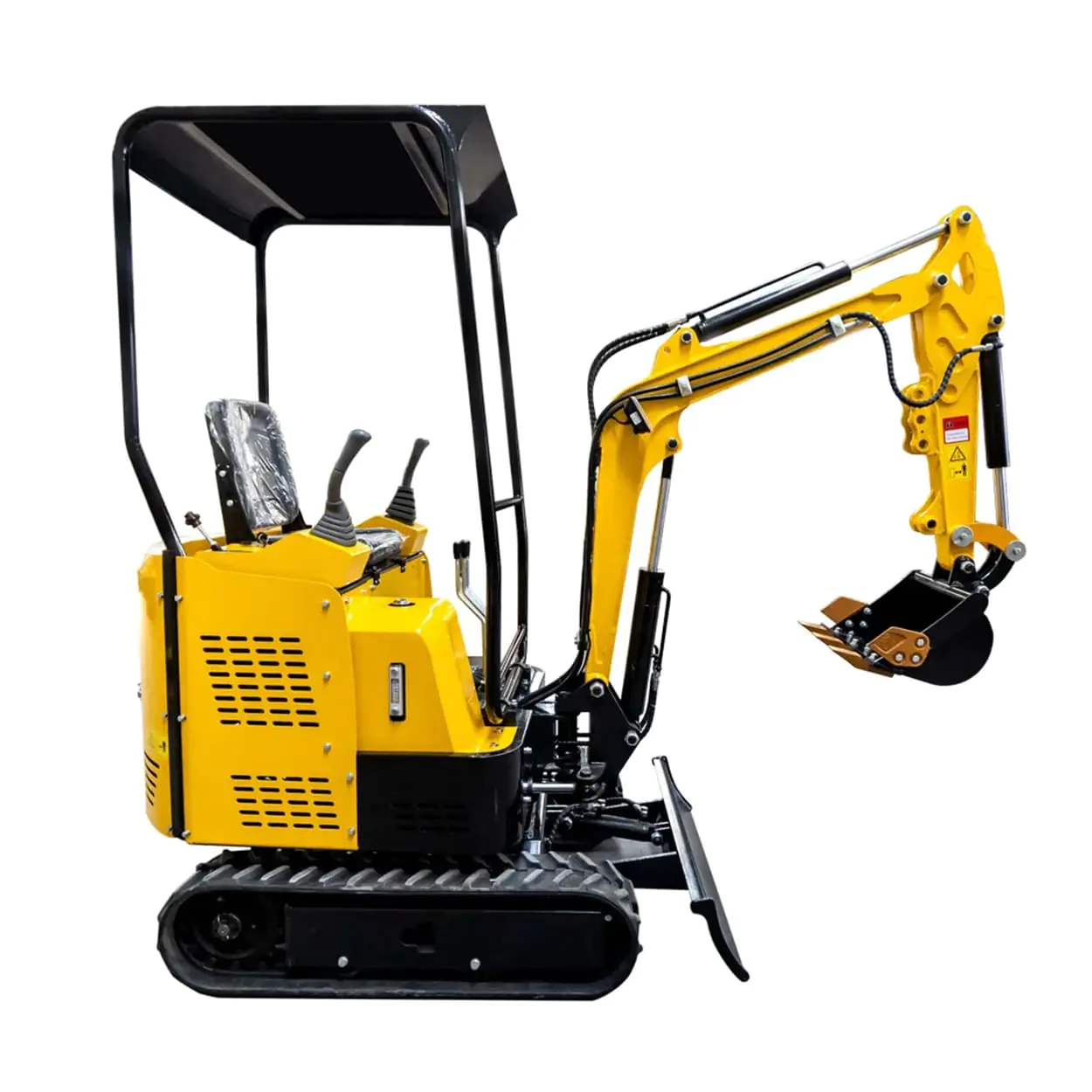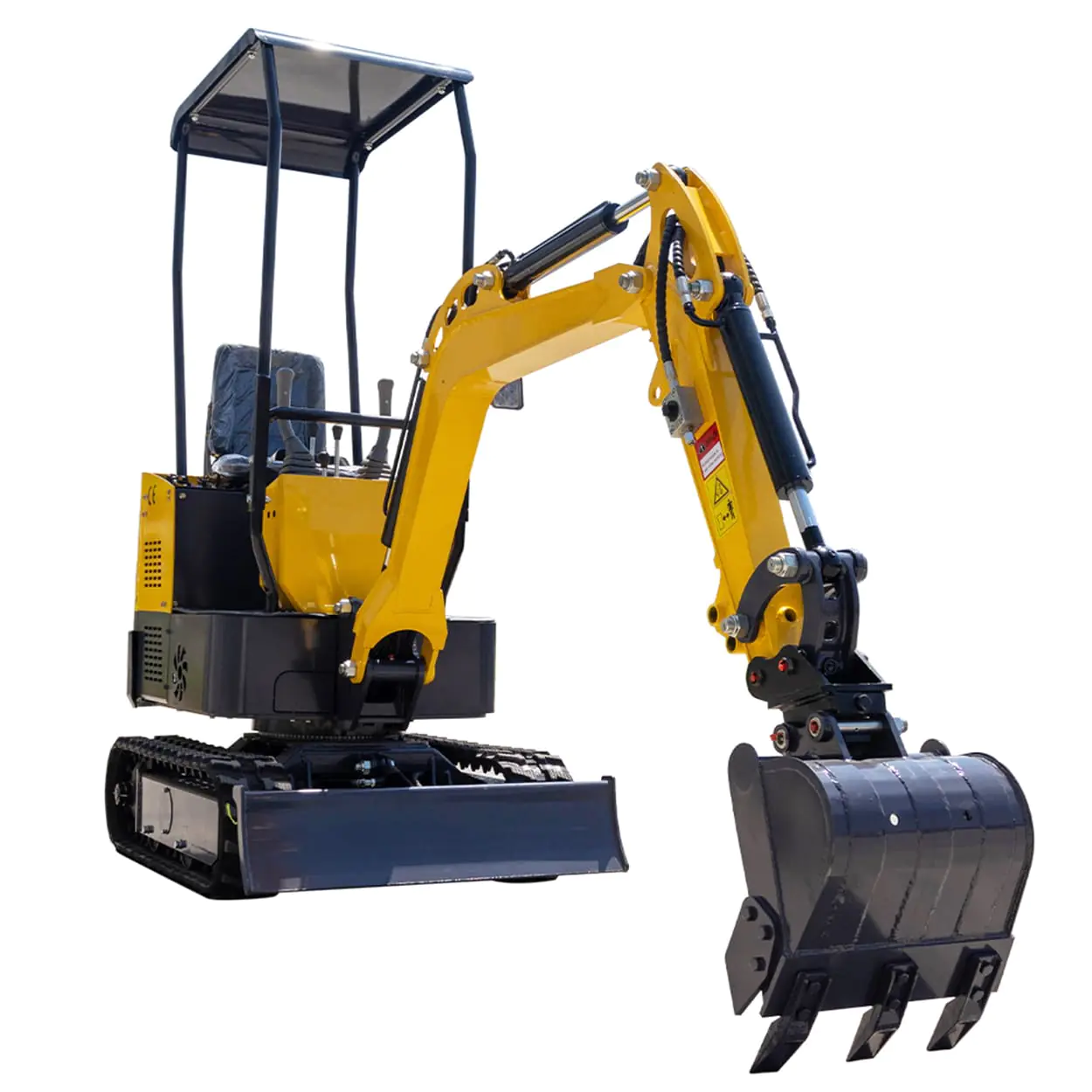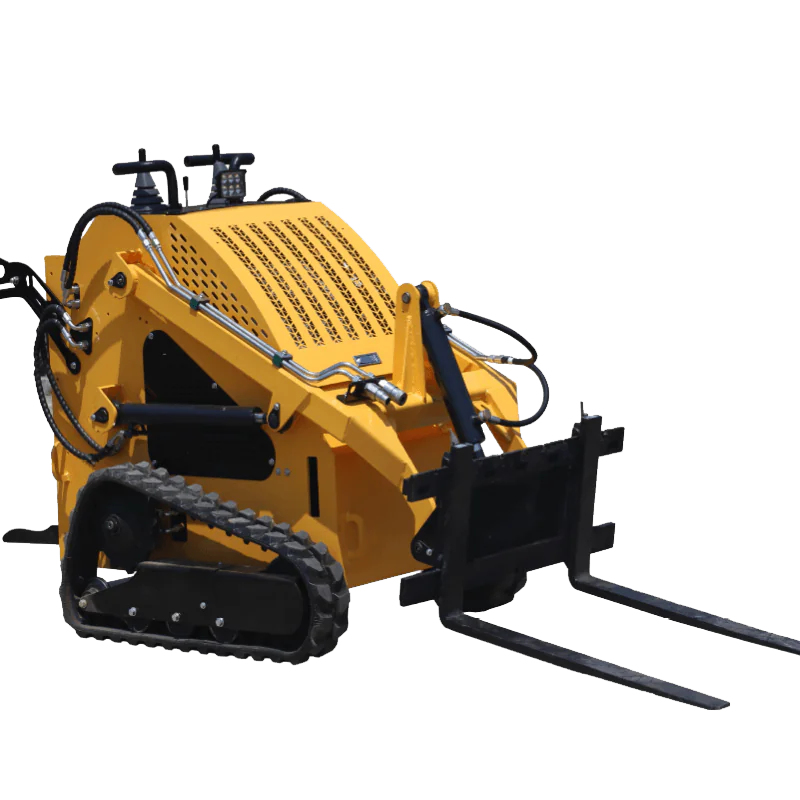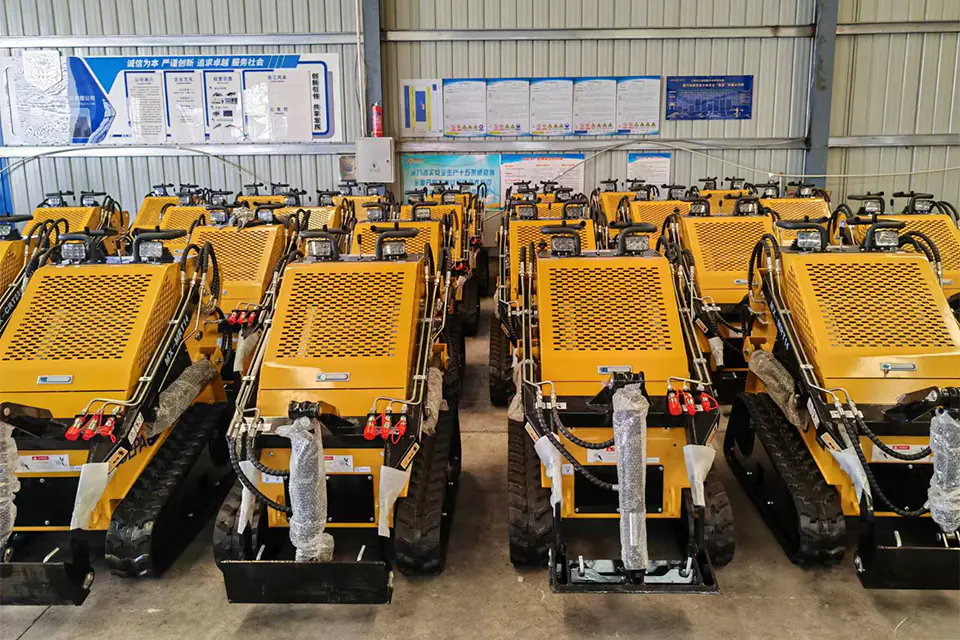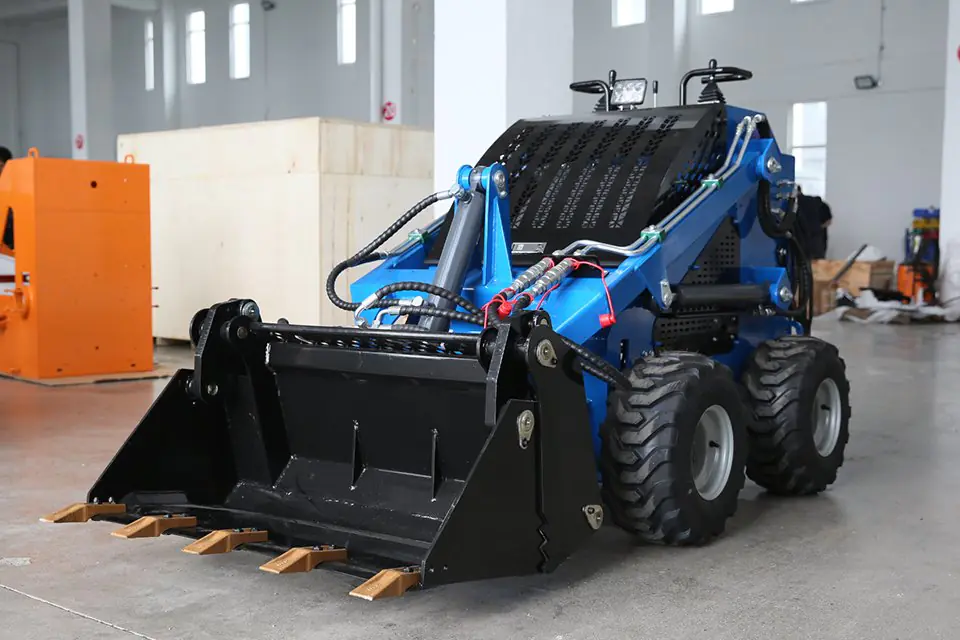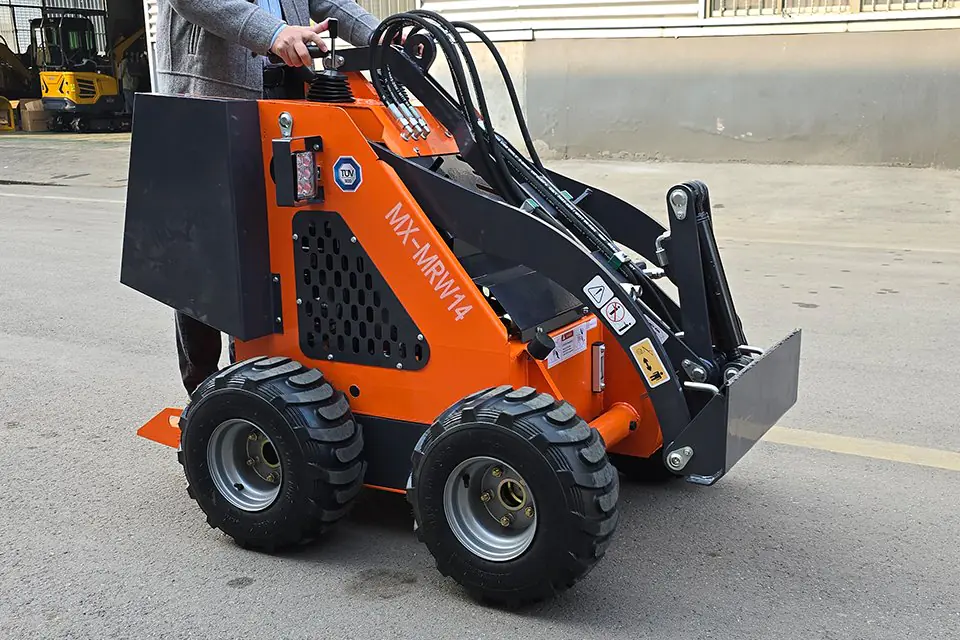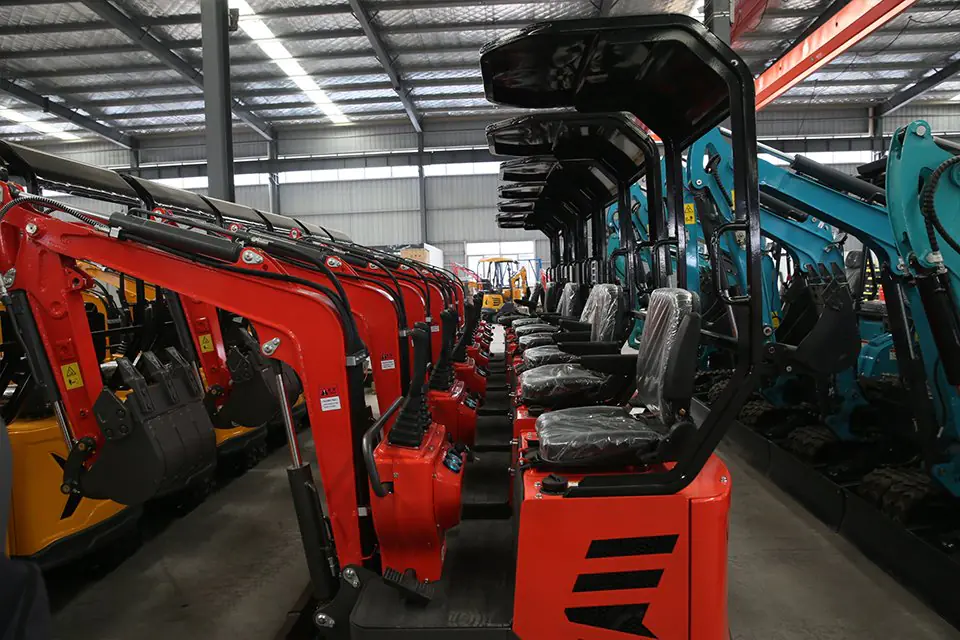Mini excavators, also known as compact excavators, are powerful machines that pack big capabilities into a small frame. If you’re tackling construction or landscape projects, a mini excavator might be just what you need. In this article, we’ll explore everything about mini excavators—from costs and uses to whether buying or renting is the best option for you.
What Is a Mini Excavator?
A mini excavator is a small excavator designed for projects where space is limited. These machines typically weigh less than six tons and are known for their compact size and maneuverability. They are equipped with a hydraulic system that powers the boom and attachments like buckets and breakers.
Despite their size, mini excavators are incredibly powerful and versatile. They are used for digging trenches, demolishing small structures, and performing various tasks in tight spaces where larger equipment can’t fit.
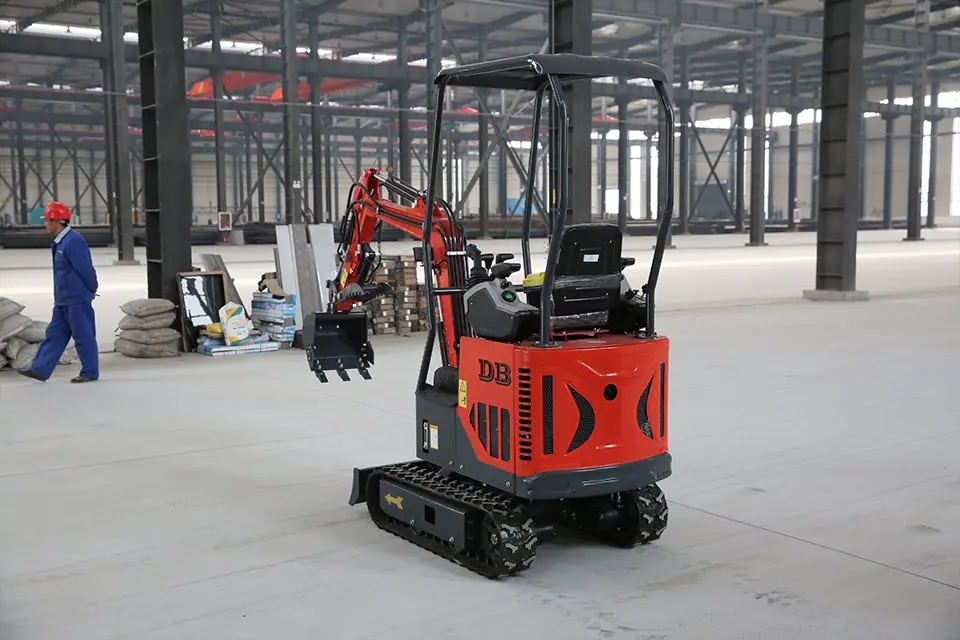
Why Buy a Mini Excavator for Your Landscape Projects?
Owning a mini excavator can be a game-changer for your landscape projects. These machines are perfect for:
- Digging trenches for irrigation or utilities
- Grading and leveling land
- Installing ponds or pools
- Removing tree stumps and rocks
Their versatility allows you to take on a wider range of projects. Plus, because they cause less damage to the surrounding area, they’re ideal for residential landscapes.
How Much Does a Mini Excavator Cost?
The cost of a mini excavator varies depending on the size, brand, and features. Here’s a general idea:
- New Mini Excavators: Prices range from $20,000 to $100,000.
- Used Mini Excavators: You might find options starting around $15,000.
Factors affecting the purchase cost include:
- Operating weight: Larger machines cost more.
- Attachments: Additional tools like augers or breakers increase the price.
- Brand awareness: Well-known brands like Kubota or Bobcat can be pricier.
For example, the Chinese 1 Ton Mini Excavator offers excellent value for money if you’re looking for a budget-friendly option.
Should You Buy a New or Used Mini Excavator?
Deciding between a new or used mini excavator depends on your needs:
New Mini Excavators:
- Pros: Latest technology, warranties, less wear and tear.
- Cons: Higher cost, significant operating costs.
Used Mini Excavators:
- Pros: Lower buying price, immediate availability.
- Cons: Potential maintenance issues, unknown condition of the machine.
If you’re new to heavy machinery, buying a used mini excavator like the 1.2 Ton (2500 Lb) Mini Excavator can be a cost-effective way to start.
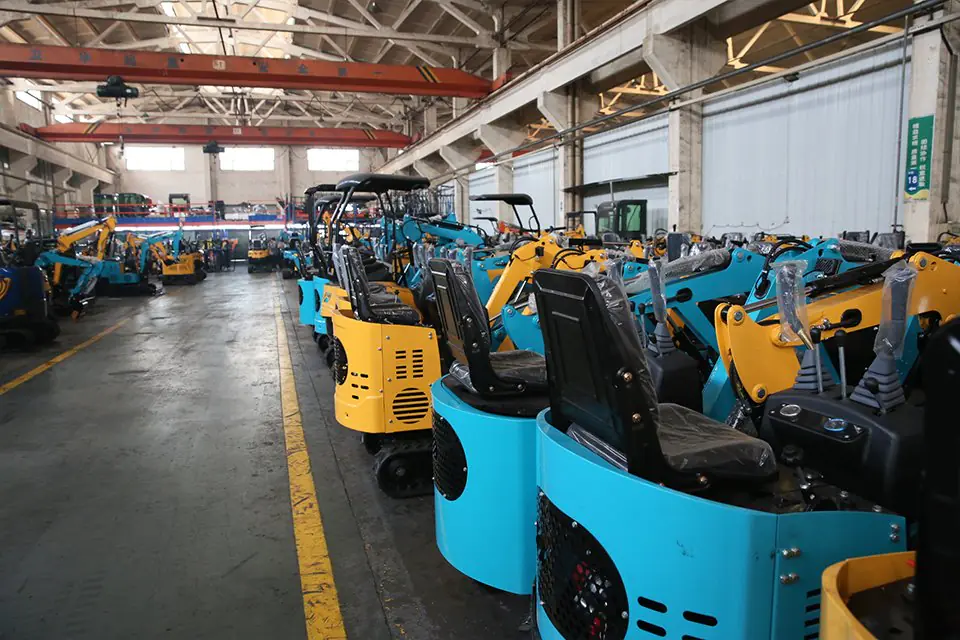
Renting vs. Owning: Which Is Right for You?
If you’re unsure whether to buy or rent a mini excavator, consider:
Renting:
- Pros: No maintenance costs, flexible terms.
- Cons: Costs can add up over time, less availability.
Owning:
- Pros: Always available, long-term savings, can be an asset.
- Cons: Operating costs, maintenance, initial purchase cost.
For occasional projects, renting a mini excavator might be more economical. If you’ll use it frequently, owning a mini excavator could be the better choice.
Exploring Popular Mini Excavator Brands
Several brands are renowned for their mini excavators:
Kubota
Kubota is known for reliable machines with powerful hydraulic systems. They offer models like the 1-ton mini excavator with Kubota engines, providing excellent performance.
Bobcat
Bobcat mini excavators are praised for their durability and versatility. They come with various attachments, making them suitable for numerous tasks.
Dig-Boy
Dig-Boy offers affordable options like the 1.3 Ton/3000 Lb Mini Excavator. These machines are perfect for those seeking quality without a hefty price tag.
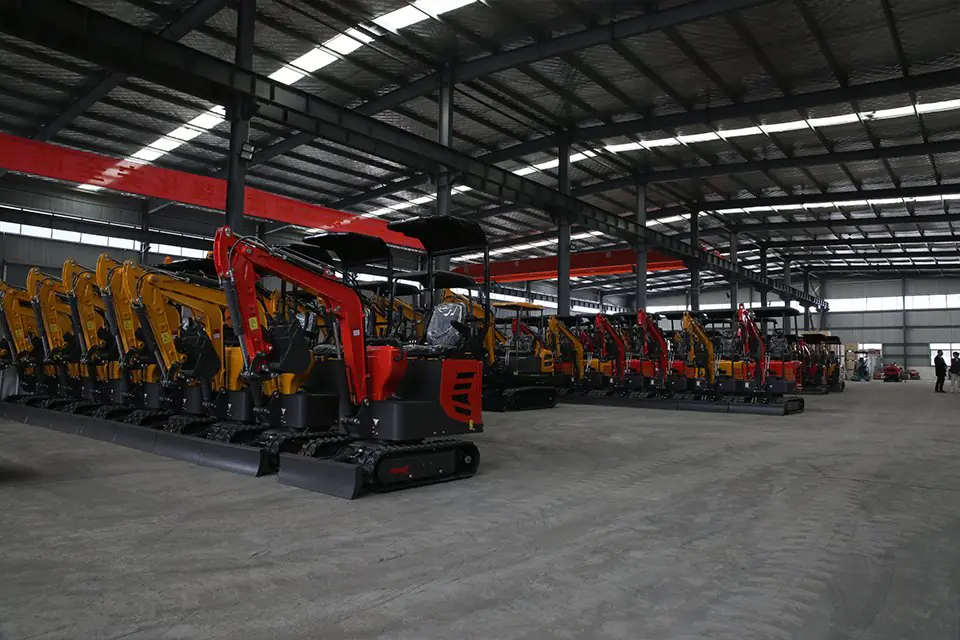
Understanding Mini Excavator Attachments
The true power of a mini excavator lies in its attachments:
- Buckets: For digging and moving materials.
- Augers: To drill holes for posts or trees.
- Breakers: For demolishing concrete and rocks.
- Thumbs: To grasp and move debris.
Having a variety of attachments allows you to tackle a range of projects, increasing the versatility of your machine.
How to Operate a Mini Excavator Safely
Operating a mini excavator requires attention:
- Training: Understand the controls and hydraulic system.
- Inspection: Check for any issues before use.
- Safety Gear: Wear appropriate equipment like helmets and gloves.
- Awareness: Be mindful of your surroundings and any tight spaces.
Always keep the machine level to prevent tipping, especially when working on slopes.
The Advantages of Compact Excavators in Tight Spaces
Compact excavators are ideal for areas where larger excavators can’t reach:
- Maneuverability: Easily navigate confined spaces.
- Minimal Damage: Less impact on the surrounding environment.
- Efficiency: Complete tasks faster than manual labor.
Whether you’re working in urban construction or residential areas, a compact mini excavator is invaluable.
Where to Find Mini Excavators for Sale
Looking to buy a mini excavator? Consider these options:
- Dealerships: Authorized sellers for brands like Kubota and Bobcat.
- Online Retailers: Websites like Dig-Boy offer a range of options.
- Auctions: Potential to find deals on used mini excavators.
Check out the Chinese Mini Skid Steer Loaders for versatile machines that can complement your mini excavator.
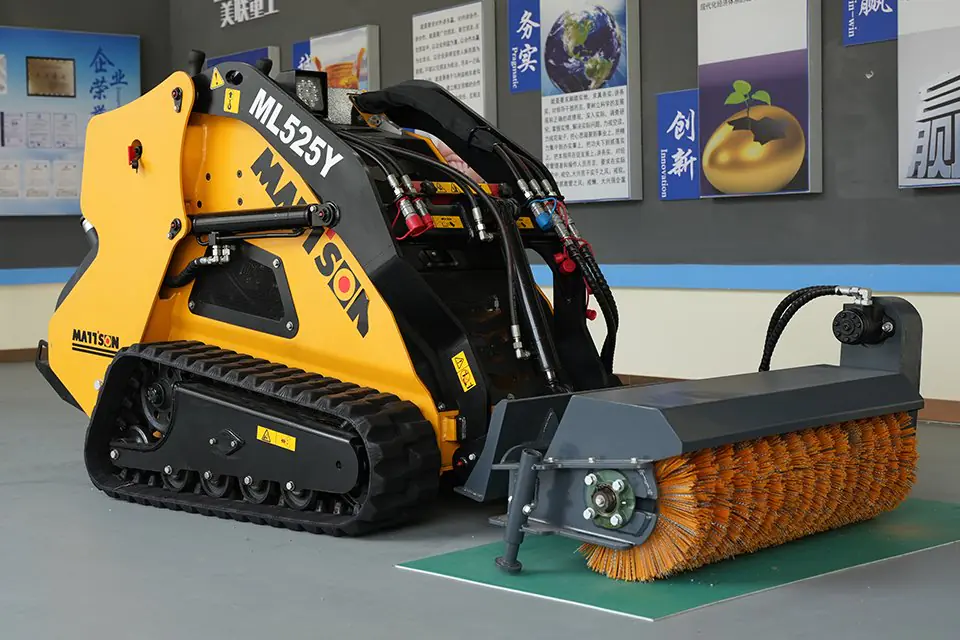
Tips for Maintaining Your Mini Excavator
Proper maintenance extends the life of your mini excavator:
- Regular Inspections: Check the hydraulic system and other components.
- Cleanliness: Keep the machine free from dirt and debris.
- Timely Repairs: Address any issues promptly to avoid larger problems.
- Follow Manufacturer Guidelines: Adhere to recommended service intervals.
Taking care of your equipment reduces downtime and ensures it performs when you need it.
Summary of Key Points
- Mini excavators are compact, versatile machines ideal for a variety of projects.
- Costs vary; consider both purchase cost and operating costs.
- Decide between buying new or used based on your budget and needs.
- Attachments increase the functionality of your mini excavator.
- Always operate the machine safely and maintain it regularly.
- Research brands and options to find the best value for money.
By understanding these aspects, you can make an informed decision about adding a mini excavator to your equipment lineup.
